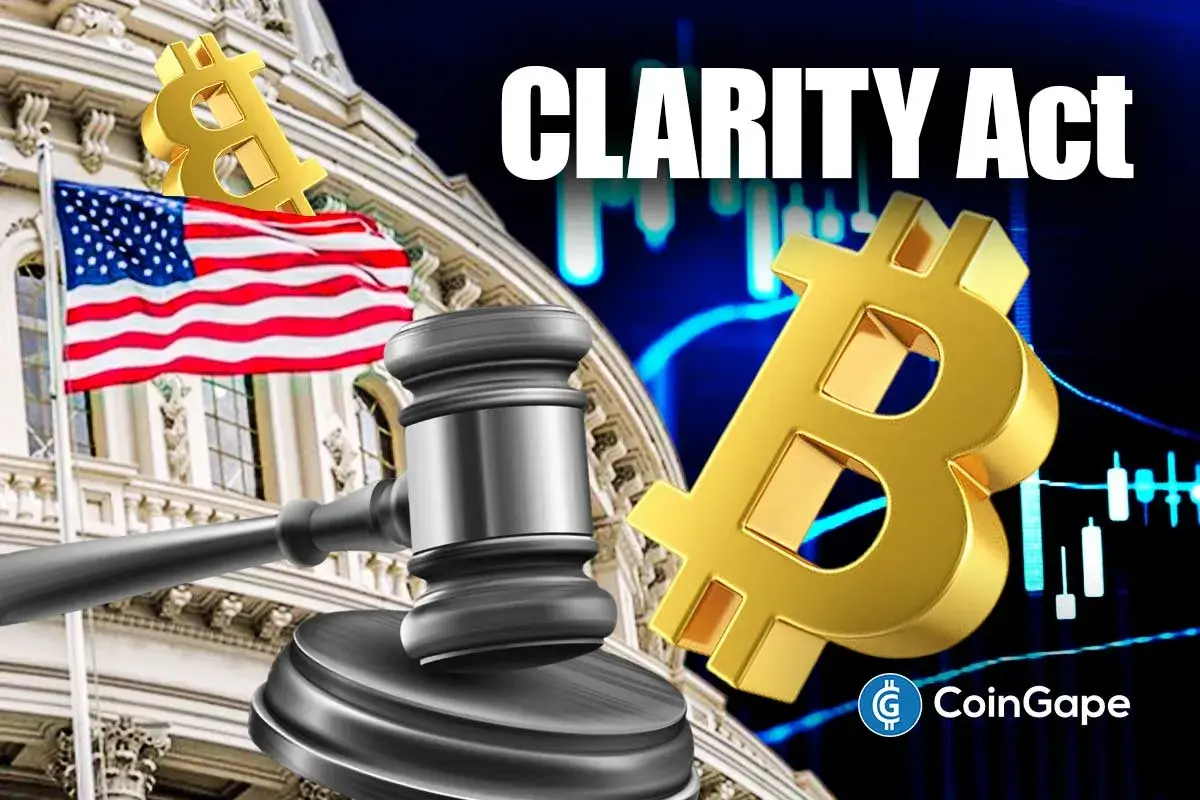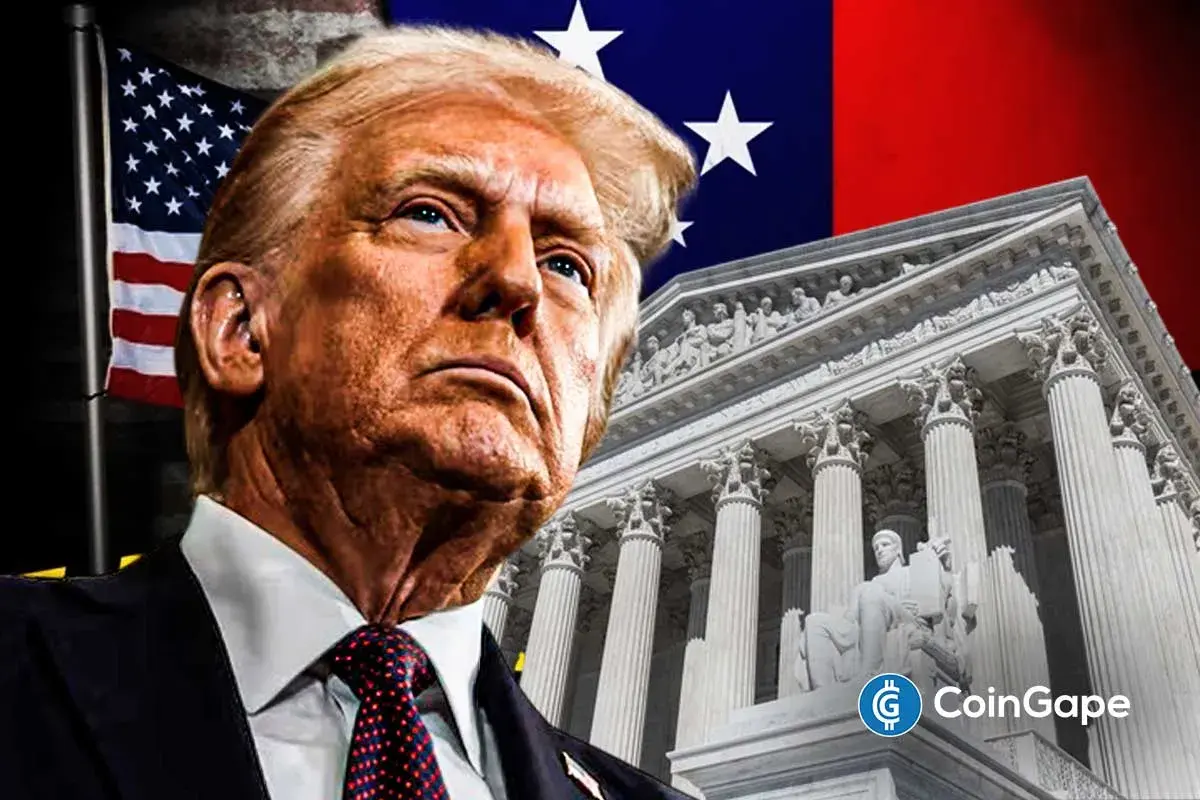Russia Plans to Export Crypto Like Natural Gas, Will They Legalize It?

Russia’s Ministry of Finance has been mulling the idea of exporting cryptocurrencies produced out of mining activities taking place in the country. The Ministry says that this mechanism would also work similarly to the country’s natural gas exports.
Russia Will Allow Miners to Sell Crypto
Russian miners might get the permission to sell cryptocurrency as an export commodity, as discussed by Deputy Minister of Finance Ivan Chebeskov during the round table on “Cryptocurrency and the future of digital finance”. Speaking to the Russian media RBC, Chebeskov said:
“There is an option and a bill – to use the export of cryptocurrency as a product of mining activity. That is, there is special legislation for the export of gas, for example, using this example, we developed a concept, a project so that a miner could export the product of what he mined, that is, cryptocurrency as an export product. Such a legislative initiative is also being formed in our country”.
Russia has been home to several miners amid the availability of resources and cheaper electricity costs. Chebeskov further emphasized that the Ministry of Finance and the Bank of Russia share a unified stance on acknowledging cryptocurrency mining as an industry. They also aim to explore the feasibility of conducting settlements with cryptocurrencies in foreign economic activities through an experimental approach.
Legalizing Crypto Mining, What About Crypto Use?
In a significant development, lawmakers introduced a bill seeking to legalize cryptocurrency mining, to the State Duma in November 2022. The proposed legislation outlines the process for miners to sell the produced currency, along with strict regulations on advertising and offerings of digital currency.
Moreover, the bill allows the sale of mined cryptocurrency on foreign platforms without utilizing Russian information infrastructure. Miners have the option to acquire cryptocurrency through foreign systems, adhering to international regulations, or through a dedicated platform established as part of an experimental initiative.
Under both scenarios, miners need to report transactions involving the sale of cryptocurrency to the Federal Tax Service. The Central Bank has also specified that selling mined cryptocurrency is permitted exclusively using foreign information infrastructure and solely to non-residents.
In a related context, Anatoly Aksakov, the head of the State Duma Committee on the Financial Market, hinted in the summer of 2023 that a comprehensive bill governing cryptocurrency mining could potentially become effective in 2024. Ongoing efforts to refine the legislation are evident from its progression beyond the initial reading.
After facing several sanctions after the Ukraine invasion, Russia has been moving back and forth on its crypto policy. However, the country has yet to take a call on legalizing the use of crypto.
- CLARITY Act: Trump’s Crypto Adviser Says Stablecoin Yield Deal Is “Close” as March 1 Deadline Looms
- Trump Tariffs: U.S. To Impose 10% Global Tariff Following Supreme Court Ruling
- CryptoQuant Flags $54K Bitcoin Risk As Trump Considers Limited Strike On Iran
- Why Is Bitdeer Stock Price Dropping Today?
- Breaking: U.S. Supreme Court Strikes Down Trump Tariffs, BTC Price Rises
- Ethereum Price Rises After SCOTUS Ruling: Here’s Why a Drop to $1,500 is Possible
- Will Pi Network Price See a Surge After the Mainnet Launch Anniversary?
- Bitcoin and XRP Price Prediction As White House Sets March 1st Deadline to Advance Clarity Act
- Top 3 Price Predictions Feb 2026 for Solana, Bitcoin, Pi Network as Odds of Trump Attacking Iran Rise
- Cardano Price Prediction Feb 2026 as Coinbase Accepts ADA as Loan Collateral
- Ripple Prediction: Will Arizona XRP Reserve Boost Price?


















